Summer is a season of warmth, adventure, and outdoor activities. However, it also brings with it scorching temperatures and the need to stay properly hydrated. As the mercury rises, it becomes essential to understand the importance of hydration and discover effective ways to stay refreshed and replenished throughout the summer heat. In this article, we will explore various hydration hacks that will help you maintain optimal hydration levels, ensuring you can fully enjoy the summer while keeping your body and mind in top shape.
Understanding Hydration
Before delving into hydration hacks, it's crucial to comprehend the significance of hydration and how it affects our bodies. Water plays a vital role in numerous bodily functions, including temperature regulation, digestion, nutrient absorption, and the transportation of oxygen. When we don't consume enough water, we can experience symptoms of dehydration such as fatigue, dizziness, dry mouth, and headaches. Therefore, it's essential to listen to our bodies and prioritize hydration during the summer months.
Hydration Hacks
-
Drinking enough water: The simplest and most effective way to stay hydrated is by drinking an adequate amount of water. Aim to consume at least 8-10 glasses (64-80 ounces) of water per day, or more if you engage in vigorous physical activities.
-
Incorporating hydrating foods: Alongside drinking water, you can increase your hydration levels by incorporating hydrating foods into your diet. Foods with high water content, such as watermelon, cucumbers, strawberries, and lettuce, can contribute to your daily water intake.
-
Electrolyte-rich beverages: In addition to water, electrolyte-rich beverages like coconut water or sports drinks can help replenish essential minerals lost through sweat. These drinks provide a good balance of electrolytes, helping to prevent dehydration during intense physical activities.
Hydration on the Go
On-the-go hydration solutions ensure you can maintain optimal hydration levels, even when you're away from home. Consider the following options:
- Portable water bottles: Invest in a high-quality, reusable water bottle that you can carry with you wherever you go. This will allow you to stay hydrated throughout the day without relying on single-use plastic bottles. Look for insulated bottles that can keep your water cool for longer durations.
- Hydration backpacks: If you're planning outdoor activities like hiking or biking, a hydration backpack can be a game-changer. These backpacks come with a built-in hydration reservoir and a tube for easy access to water, ensuring you stay hydrated without having to carry a separate water bottle.
Hydration for Active Individuals
For those who lead an active lifestyle and engage in regular workouts or sports activities, proper hydration is even more crucial. Consider the following tips:
-
Pre- and post-workout hydration: Before exercising, make sure to drink water to hydrate your body beforehand. After your workout, replenish your fluid levels by drinking water or a sports drink to restore electrolytes lost through sweat.
-
Sports drinks vs. water: While water is generally sufficient for most workouts, intense or prolonged physical activities may require electrolyte-rich sports drinks. These drinks help replace the electrolytes lost during exercise and can enhance performance and recovery.
Hydration for Kids and Elderly
Different age groups have unique hydration requirements. Pay attention to the following considerations:
-
Kids: Children have smaller bodies and higher water turnover rates, making them more susceptible to dehydration. Encourage kids to drink water regularly, especially during outdoor play or sports activities. Infusing water with fruits or using fun, colorful water bottles can make it more appealing for them to stay hydrated.
-
Elderly: As we age, our sense of thirst diminishes, putting the elderly at a higher risk of dehydration. Caregivers and family members should ensure that seniors have easy access to water and remind them to drink throughout the day.
Hydration and Skin Health
Hydration not only benefits your internal health but also plays a vital role in maintaining healthy skin. Consider the following tips for glowing, hydrated skin:
-
The impact of hydration on skin: Proper hydration helps keep your skin moisturized, reduces the appearance of wrinkles, and promotes a radiant complexion. It also aids in the detoxification process, flushing out toxins that can lead to skin issues.
-
Tips for maintaining healthy skin in the summer: Besides drinking water, use a hydrating moisturizer, wear sunscreen, and limit sun exposure during peak hours. Additionally, eating water-rich fruits and vegetables can provide your skin with a natural hydration boost.
Hydration and Mental Performance
Did you know that staying hydrated can positively impact your cognitive function? Consider the following:
-
The connection between water intake and cognitive function: Dehydration can impair concentration, memory, and overall cognitive performance. By staying hydrated, you can enhance your focus, alertness, and mental clarity.
-
Staying focused and alert: Keep a water bottle on your desk or carry one with you to ensure a constant supply of water throughout the day. Remember to drink water before tasks that require mental acuity, such as studying or working on important projects.
Hydration Myths and Facts
There are numerous misconceptions about hydration. Let's debunk a few common myths and provide the facts:
-
Myth: Drinking eight glasses of water a day is a must. Fact: While the "eight glasses a day" guideline is a good starting point, water requirements vary depending on factors like age, activity level, and climate. Listen to your body's signals and drink when you feel thirsty.
-
Myth: All beverages hydrate equally. Fact: While water is the best choice for hydration, other beverages like herbal tea, milk, and certain fruits can contribute to your overall fluid intake. However, be mindful of caffeinated and sugary drinks, as they can negatively affect hydration levels.
-
Myth: You can't overhydrate. Fact: While rare, it is possible to consume excessive amounts of water, leading to a condition called hyponatremia. This occurs when the balance of electrolytes in your body is diluted. Drink water in moderation and listen to your body's cues.
-
Myth: Thirst is a reliable indicator of dehydration. Fact: Thirst is a sign that your body is already slightly dehydrated. It's important to drink water regularly, even if you don't feel thirsty, especially in hot weather or during physical activity.
-
Myth: Clear urine is always a sign of proper hydration. Fact: While pale urine is generally an indicator of good hydration, other factors like medications, certain foods, and vitamin supplements can affect urine color. It's best to rely on a combination of urine color, thirst, and overall well-being to assess hydration levels.
Conclusion
As the summer heat intensifies, it's crucial to prioritize hydration to keep your body and mind in optimal condition. By understanding the importance of staying hydrated, incorporating hydration hacks into your routine, and debunking common myths, you can enjoy the summer season while remaining refreshed and replenished. Remember to drink enough water, consume hydrating foods, and consider on-the-go hydration options. Hydration is not only essential for physical health but also plays a role in skin health, mental performance, and overall well-being. So, raise a glass of water and toast to a hydrated and enjoyable summer!
FAQs
-
How much water should I drink each day? The general guideline is to drink at least 8-10 glasses (64-80 ounces) of water per day. However, individual water needs may vary based on factors like age, activity level, and climate.
-
Can I rely on thirst as an indicator of dehydration? Thirst is a late indicator of dehydration. It's important to drink water regularly, even if you don't feel thirsty, particularly in hot weather or during physical activity.
-
Are sports drinks better than water for hydration during exercise? For most workouts, water is sufficient. However, during intense or prolonged physical activities, electrolyte-rich sports drinks can help replenish lost electrolytes and enhance performance.
-
Can I stay hydrated by drinking other beverages besides water? While water is the best choice for hydration, other beverages like herbal tea and milk can contribute to your overall fluid intake. Be mindful of caffeinated and sugary drinks, as they can have a diuretic effect.
-
What are some signs of dehydration to watch out for? Signs of dehydration include fatigue, dizziness, dry mouth, dark urine, and headaches. If you experience these symptoms, increase your water intake and seek shade or a cool environment. If symptoms persist, seek medical attention.

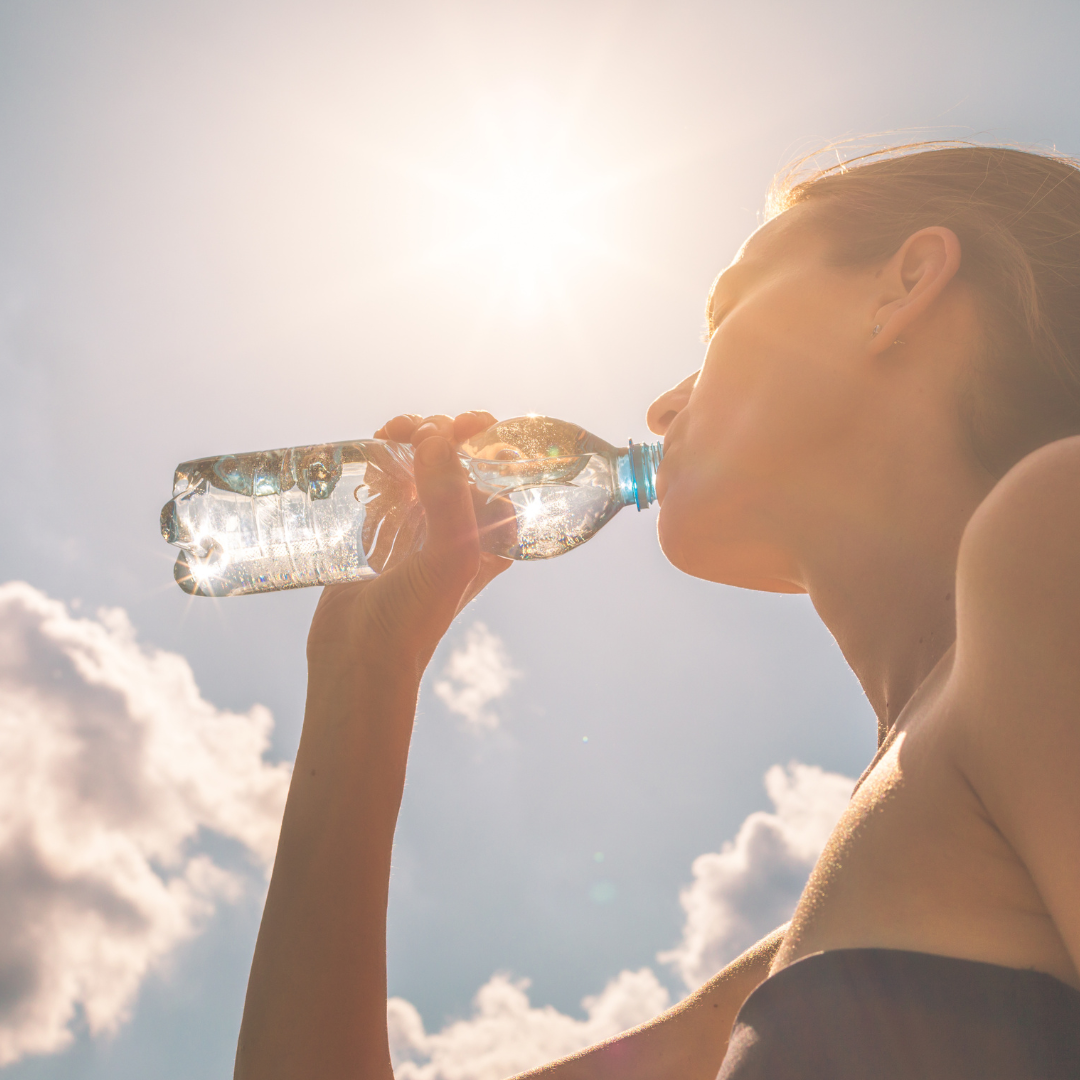
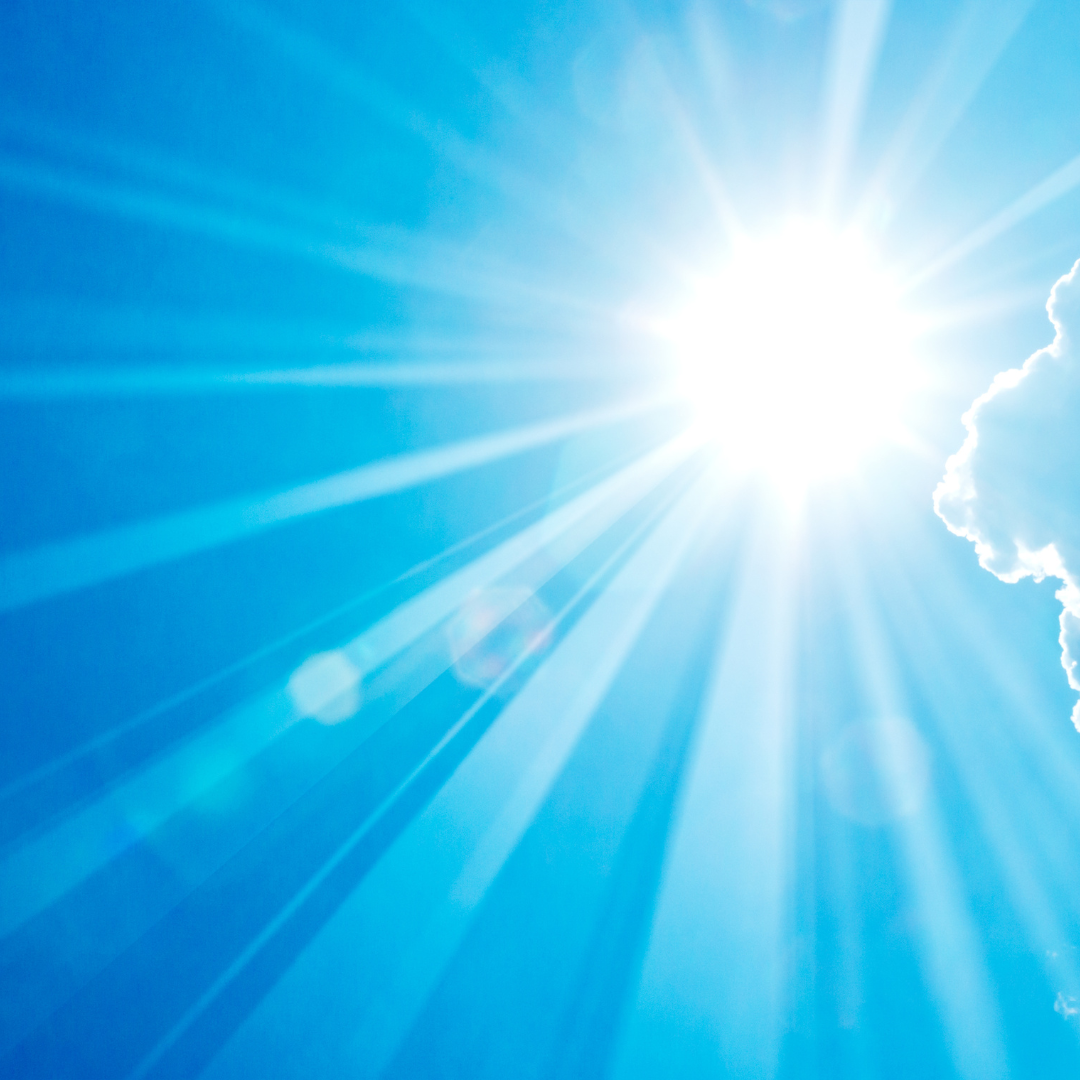
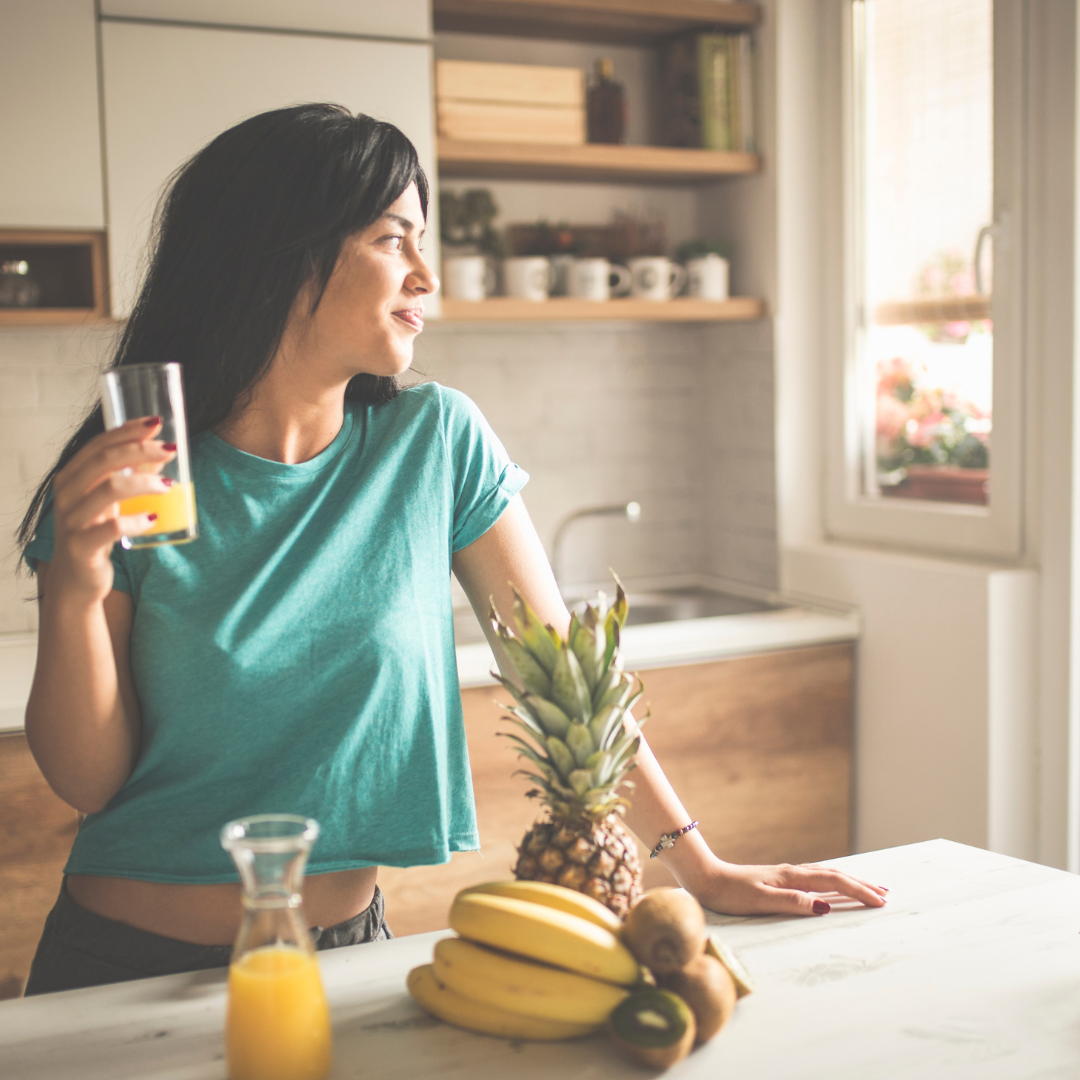
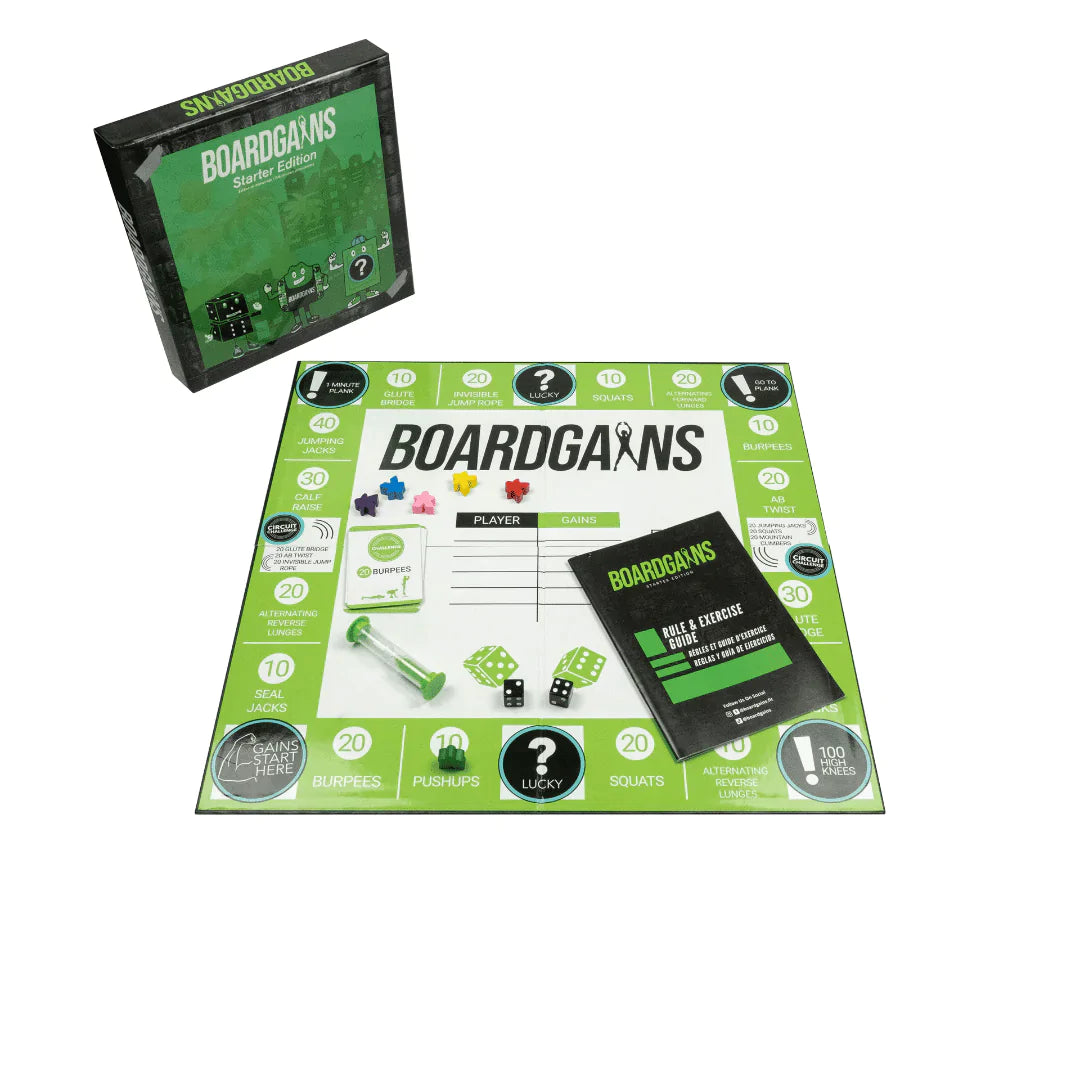
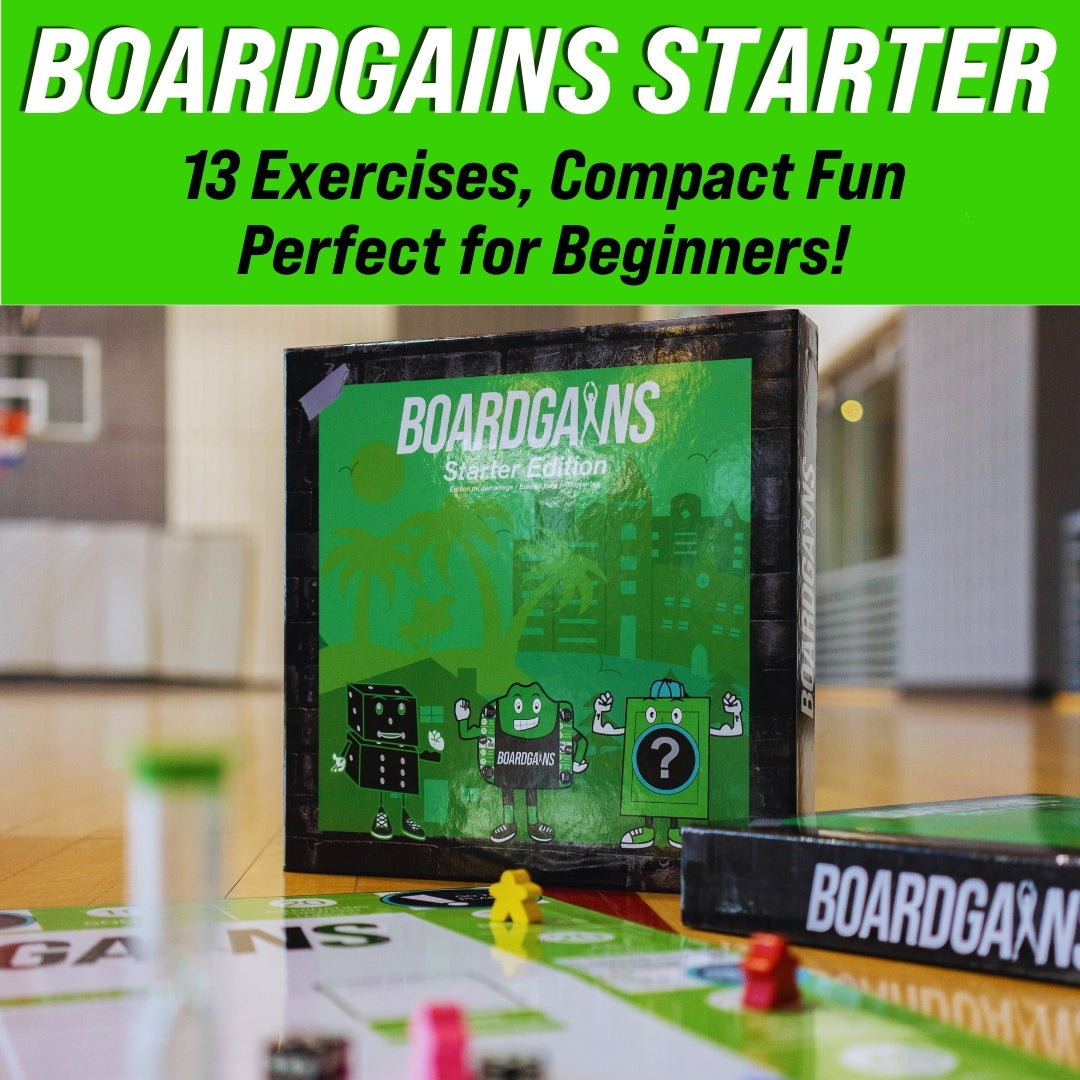

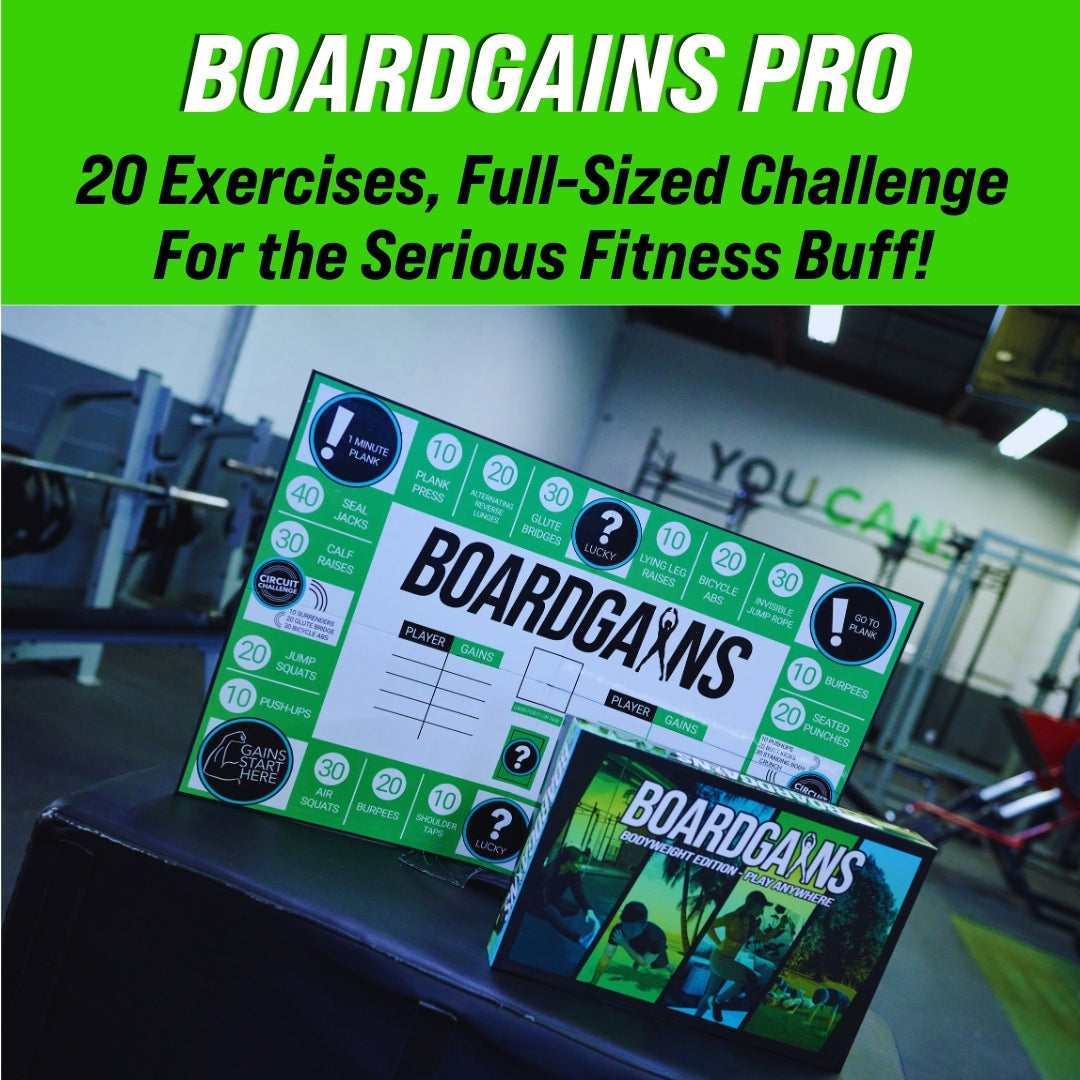
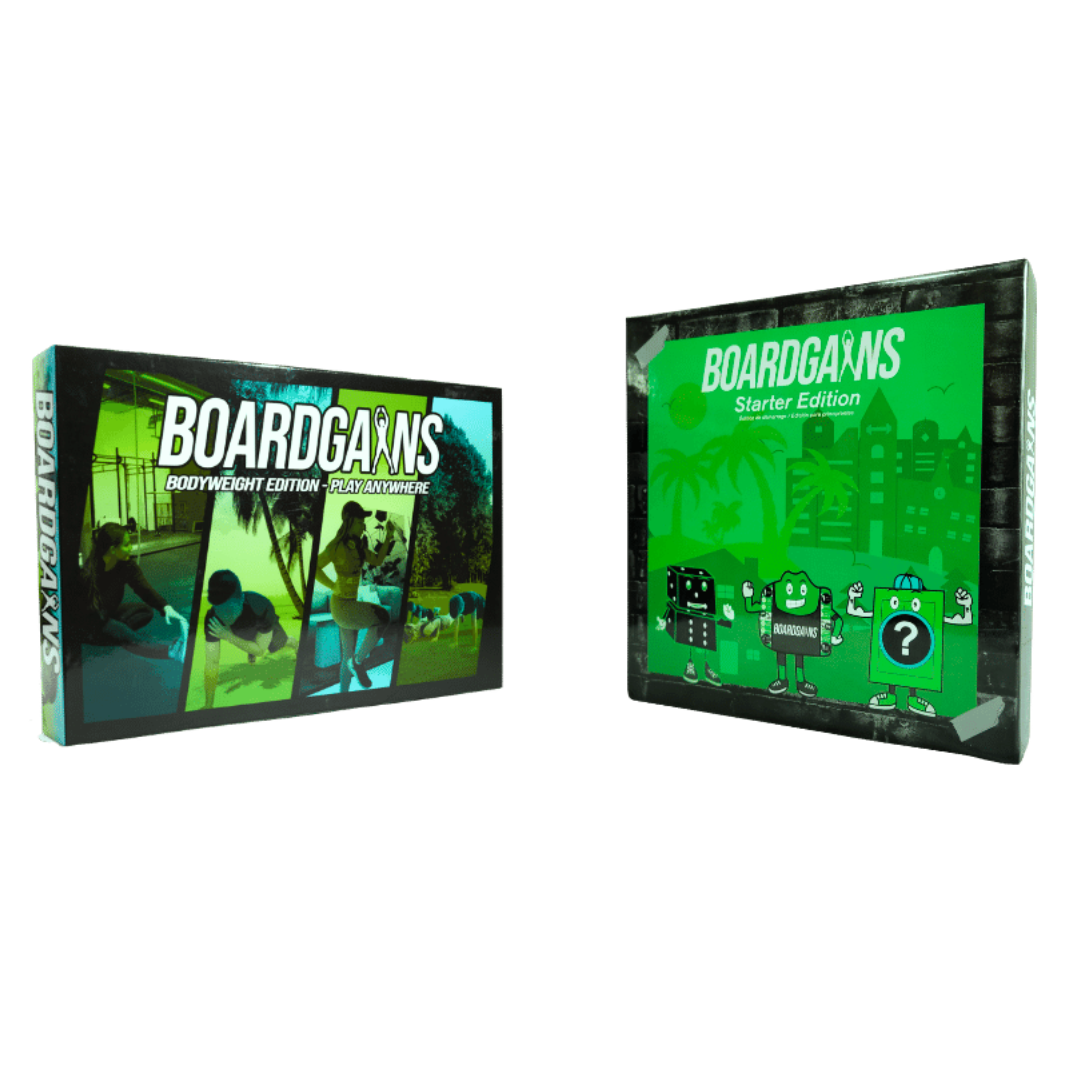

Leave a comment
This site is protected by hCaptcha and the hCaptcha Privacy Policy and Terms of Service apply.